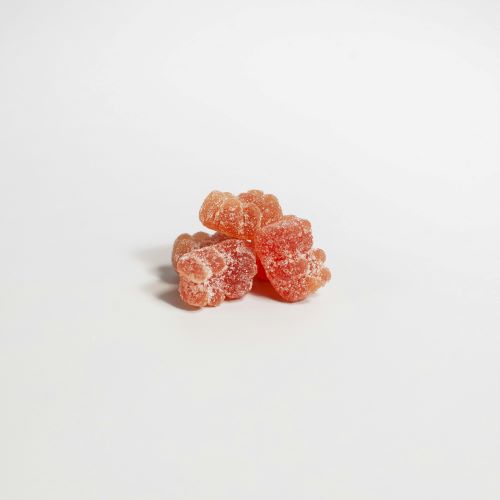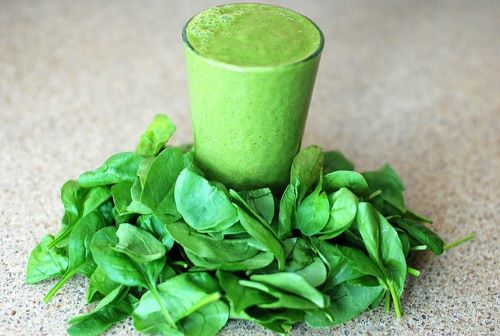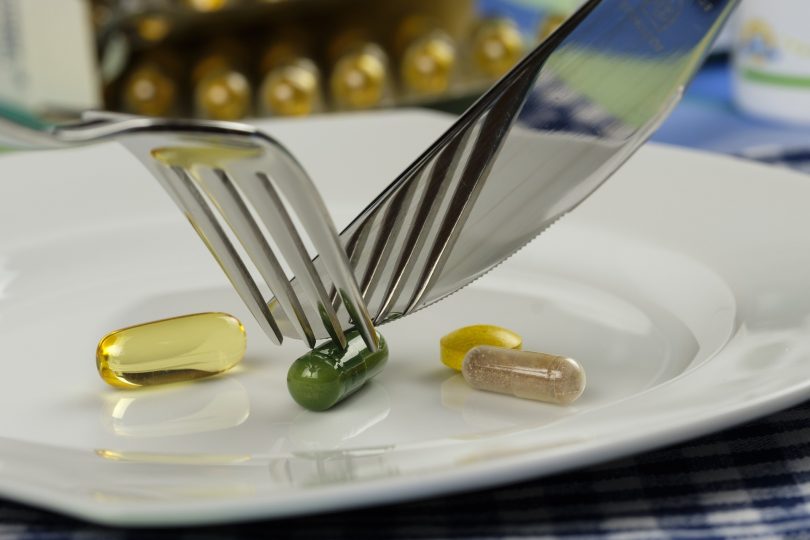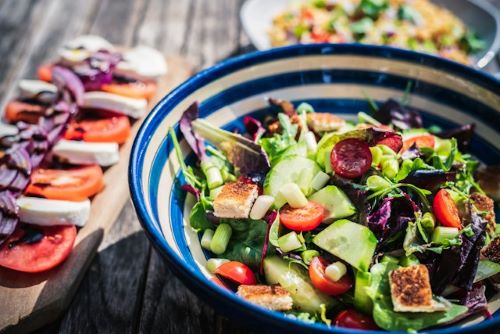Some of the questions I get asked include…
Which supplements should I choose to boost my health?
Can you give me a list of supplements that will help me be healthier?
Can you review my current supplements and tell me if it’s worth it or right for me?
These are common questions when you are a nutritionist and the answer is never that simple.
We are all a little different, we all have slightly different needs, we have different symptoms and different health goals. Someone who chooses a vegetarian or vegan diet will have completely different supplement needs to someone who eats high quality grass fed beef and organic animal protein at every meal with lots of oily fish for example.

There are some schools of thought that say, we should not be supplementing so much. We should be able to get everything we need from the food we eat if we can only eat a variety of plants and a clean, good quality omnivorous diet. There are so many products that claim to be ‘the best’ and so many ‘common sense’ opinions out there and then we have ‘experts’ often who are paid by supplements companies or who take a cut from some marketing campaign or other, selling products that suit their own pockets and not the health of their clientele. It’s no wonder people don’t know where to turn or how to decide what is best. It’s a minefield in the online world of generalised advice.
The reality is that there is no way of eliminating toxicity in this world anymore.
Our air is polluted with car/airplane fumes, industrial pollution or agricultural chemicals. Our tap water has various hormones disrupting chemicals in it along with residues of hormonal contraceptives and other people’s medications. The soils that our food is grown in are depleted of nutrients, over worked and lacking in natural bacteria and the biodiversity necessary for optimal plant growth. We are sedentary, we eat processed junk and we are fed junk information directly through the eyeballs with mainstream TV, politics and celebrity culture. There is a lot to mitigate. It’s not a question of whether we have toxicity anymore, it’s more, to what extent.

Of course as we are all unique the only way to get your individual supplement regime spot on is to get your DNA report (ideally Methylation DNA or Metabolics DNA) done through a UK company (diagnostics are available through my website below) and then speak with a registered and qualified health professional who understands how to interpret that information along with your other clinical diagnostics from the doctor, like your blood work for example. Only this way can we know exactly what your needs are and how you use vitamins and nutrients genetically. That’s the gold standard! There is no guesswork with that approach.
But if you don’t want to take the gold standard and you just want the best kind of ‘general advice’ available then this is how to work it out best for yourself.
How to Choose a Good Multivitamin
For most people a good quality multivitamin will cover the bases in a supportive way. Multivitamins are definitely not all created equal. For example, a high street or supermarket multi may contain Folic Acid (B9) and Cobalamin (B12) but these are not natural versions of the vitamins. Both are lab made versions of these vitamins and when you ingest them, they have to go through a series of processes in the body to be converted (methylated) into forms that the body can actually use which are MethylFolate (B9) and Methylcobalamin (B12). If the dose is too high, you can even deplete yourself of the forms you actually need to be healthy and cause harm.

Choose a methylated multi vitamin and choose the right dose for your age and gender. If you are a man or a post-menopausal woman, you are not an athlete or diagnosed with iron deficiency anemia and you eat red meat then you should avoid iron in your supplements as this can damage your organs.
There should be at least 25mg of zinc for most men in a multi, women need a little less, 15-20mg. There should be no more than 50mg of zinc a day for anyone.
Remember that what we are NOT told is that minerals and vitamins compete with each other.
Zinc can deplete copper, Magnesium can deplete Vitamin D and vice versa. This is why it’s a lot better to seek the advice of a health professional to get the correct advice.

Remember that macro-vitamins like Magnesium and calcium are often in much smaller amounts in multivitamins because of the amounts that the body actually needs. It’s impossible to meet the needs with the contents of one tablet or capsule. Quite often and especially if you don’t eat at least two handfuls of leafy greens every day, you need more magnesium. But remember, more is less with many nutrients, you need to get the Goldilocks zone. Not too much and not too little, it needs to be just right (within a safe range).
What Else is Important?
For most people 1000iu of Vitamin D3 a day is a good maintenance dose but genetically many people need a lot more than that. There is no way to tell unless we see if the individual has a common mutation on their VDR (vitamin D receptor) we can check for this easily with a Methylation DNA report. There are many places online where people are being told to generally take more D3, much much more, but we have to be careful with fat soluble nutrients. They are stored in our body tissues and can lead to toxicity if levels get too high. What is much better is to have a maintenance dose and get checked regularly. Vitamin D deficiency is common and rickets is on the rise, which is crazy when we think about how simple that disease is to prevent. Often I see patients who are deficient in Vitamin D3 and depressed so they are given anti-depressants. The reality for some people though is that all they needed was to take Vitamin D, they were deficient in D3 not in medication. It’s always best to address the root cause where possible.
Finally choline. This is a substance that is underrated and very important. If you are deficient in choline, you may have brain fog, memory and concentration issues, infertility, ADHD symptoms, fatigue or anxiety. Choline helps the nervous system and improves attention and memory. Everyone’s needs are different but choline is abundant in egg yolks and in liver. It can be really useful to look at your DNA as we can see how much choline you may need based on that and a discussion about your diet and lifestyle.
In the end, supplements should always be a support to a healthy diet and lifestyle, you cannot out-supplement a bad diet and there is no substitute for an organic, home grown, fresh and whole food diet. We do need to make up the shortfall often though and by using these tips you may be able to make a more informed choice about your supplements.
Remember to avoid high street and supermarket based supplements and get professional advice if you want to get personalised advice.
Always check with your doctor before you take supplements when you are taking medications and never adjust any medication without speaking first with your medical team or doctor.
By choosing high quality supplements, that actually work and are bio available (available to your body for its needs) you will avoid wasting your money on just expensive pee.





